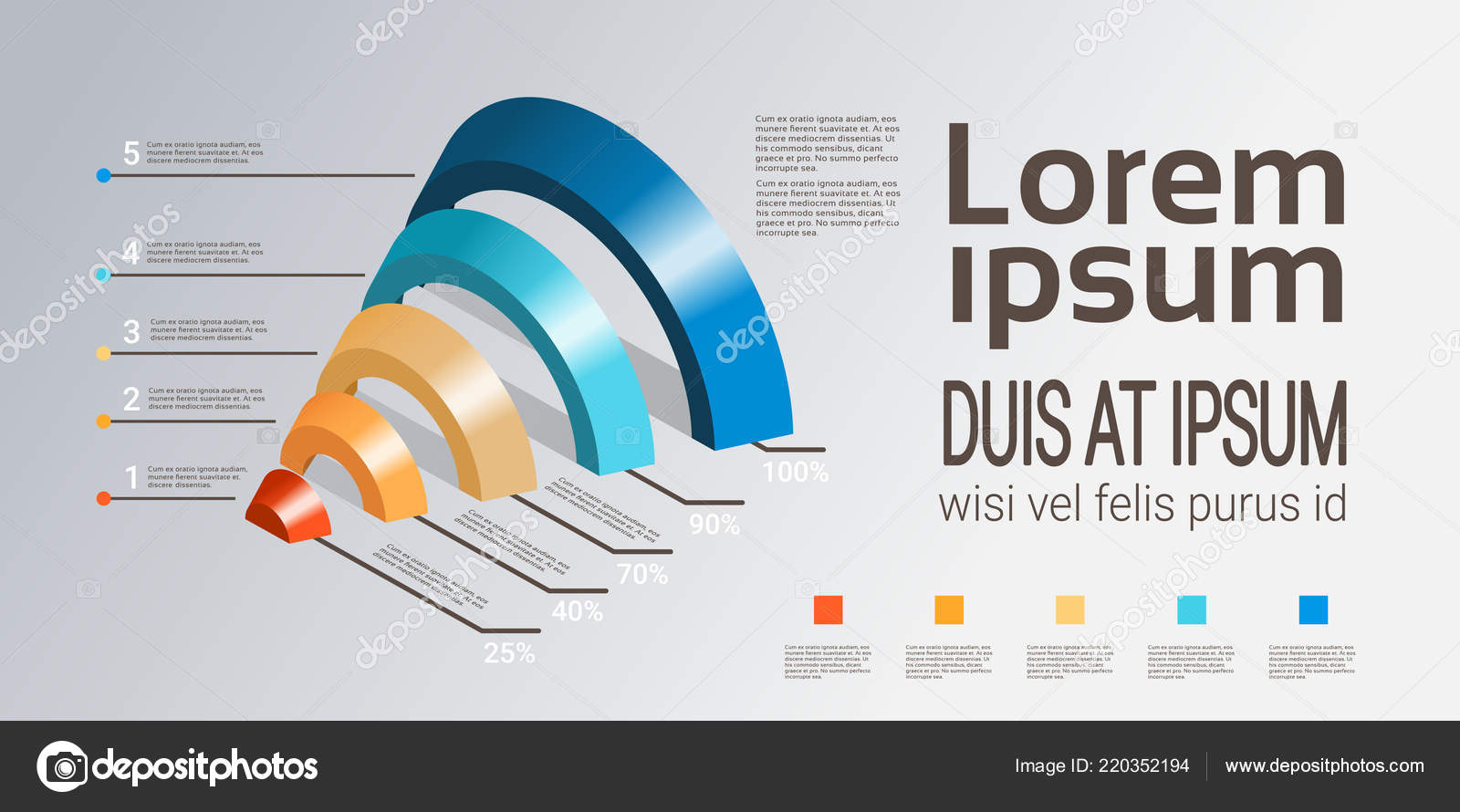Tips For Improving Internet Site Rate And Efficiency Through Host
Tips For Improving Internet Site Rate And Efficiency Through Host
Blog Article
Created By-Levy Funch
They claim 'time is money,' and on the planet of web site hosting, this could not be much more real.
When it comes to your site's rate and performance, every second matters. Sluggish packing times can annoy individuals and drive them away, leading to shed chances and possible income.
However worry not, there are means to enhance your web site's speed and performance with host. In this conversation, we will check out some important pointers and methods that will assist you maximize your website's performance and maintain your visitors engaged.
So, buckle up and get ready to unlock the keys of a lightning-fast internet site!
Picking the Right Webhosting Supplier
When it pertains to boosting your web site speed and performance, choosing the appropriate webhosting service provider is important. A great host company can significantly affect the packing rate, uptime, and general performance of your site.
To guarantee you make the best option, think about variables such as web server location, web server sources, and client assistance. Choose https://www.forbes.com/sites/theyec/2021/07/19/how-to-use-storytelling-in-digital-marketing-to-transform-your-business/ that has web servers situated close to your target audience to lower latency and enhance filling times.
Additionally, inspect the server resources offered, such as RAM, CPU, and storage, to guarantee they meet your internet site's demands.
Finally, reliable and responsive customer assistance is important for dealing with any type of technological issues quickly.
Optimizing Web Site Caching and Compression
To enhance web site caching and compression, think about implementing reliable strategies to improve loading times and reduce data sizes. Here are three means to accomplish this:
- ** Take advantage of web browser caching **: Set the expiry header for fixed documents to motivate web browsers to cache them. This way, visitors don't require to download and install the exact same data repetitively, leading to faster page tons.
- ** Enable Gzip compression **: Pressing your site's documents lowers their size, allowing them to be sent faster to site visitors' web browsers. Enable Gzip compression on your server to achieve this, effectively decreasing load times.
- ** Make use of CDN services **: Content Delivery Networks (CDNs) keep your internet site's static documents on numerous servers worldwide. By using a CDN, visitors can access these documents from the server nearest to them, decreasing latency and enhancing loading rates.
Lessening Server Action Time
Consider implementing methods to lessen server feedback time in order to enhance website rate and performance.
Server reaction time describes the amount of time it takes for a web server to respond to a demand from an individual's internet browser. Highly recommended Online site can substantially affect the general speed and efficiency of your web site, bring about an inadequate customer experience and possible loss of visitors.
To decrease web server response time, you can begin by optimizing your website's code and data source queries to ensure they're reliable and streamlined. Additionally, selecting a trusted and high-performance web hosting provider can make a significant difference in lowering web server action time.
Finally, applying caching and local seo consultant (CDNs) can help disperse the lots and boost feedback times for customers located in different regions.
Verdict
Generally, by selecting a dependable webhosting copyright, enhancing caching and compression, and lessening web server response time, you can boost your site's speed and performance.
Think about it as a well-oiled maker, with each element working flawlessly together to supply a smooth and efficient individual experience.
So, don't neglect the importance of webhosting when it concerns improving your web site's performance-- it's the engine that keeps things running efficiently.
